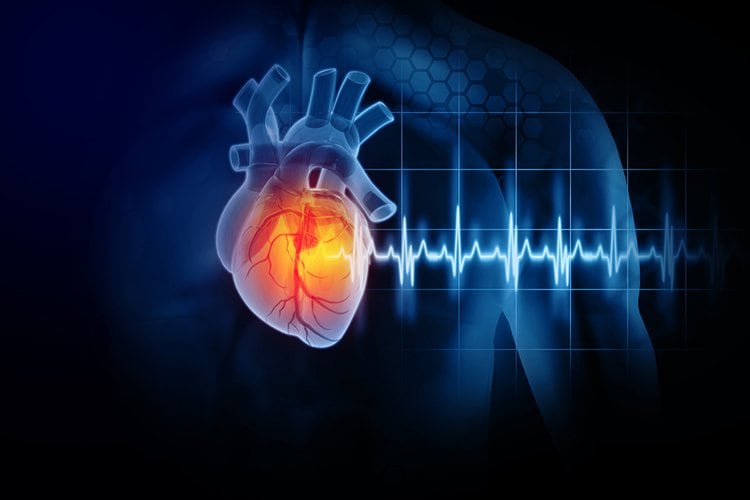Cardiac Arrest Vs. Heart Attack: What's The Difference?

Cardiac arrest and heart attacks, while often used interchangeably, are actually two different things. Though they are both medical conditions affecting the heart, there are differences in how and why they happen. Cardiac arrests and heart attacks are serious, scary and can be life-threatening, and require immediate medical attention, so it’s important to know how to respond in either situation.
What Happens During A Cardiac Arrest?
Cardiac arrests happen quickly, often without warning. When someone experiences a cardiac arrest, their heart stops beating because of a lack of oxygen, electrical problems with the heart or other serious metabolic disturbances. Sometimes blunt trauma to the chest can cause the heart to stop beating immediately. Once cardiac arrest occurs and the heart stops beating, blood and oxygen are no longer being delivered to the brain and other vital organs.
Symptoms of cardiac arrest include sudden collapse, unresponsiveness, abnormal breathing and blue discoloration of the face. If you see someone experiencing these symptoms, call 911, get an AED (automated external defibrillator) if available, and immediately begin hands-only CPR.
If an AED is available, it should be used, and hands-only CPR should be continued until emergency responders arrive. If these steps are taken, it improves the individual’s chance of survival.
What Happens During A Heart Attack?
Your heart needs oxygen, and blood vessels that surround the heart supply it with oxygen-rich blood. When one of these blood vessels is blocked from a blood clot or blood flow limiting cholesterol plaque, a heart attack can occur resulting in cardiac rhythm disturbances, myocardial cell damage and even death.
Contrary to a cardiac arrest, heart attack symptoms can be mild, sometimes lasting for hours or even days. Sometimes, however, they are felt immediately, and when a heart attack is severe or causes an abnormal heart rhythm, it can lead to a cardiac arrest.
Common symptoms of a heart attack can include chest or abdominal pain, sweating, trouble breathing, dizziness, tightness in the chest, heart pounding, jaw or arm pain and loss of consciousness. Tasks, which under normal circumstances could easily be performed, now become labored or much harder to do, can be a precursor to a heart attack. Women in particular may experience pressure, fullness or pain in the center of their chest, shortness of breath, cold sweat, jaw or neck pain, pain in one or both arms, back or stomach pain, nausea or lightheadedness.
If you, or someone you are with, is experiencing heart attack symptoms, it’s important to seek medical care immediately to minimize damage to the heart as well as increase chances of survival. Talk with your doctor about symptoms you are experiencing so that appropriate testing, or even hospitalization, can occur in a timely fashion.
Ronald Pacis, D.O., is an invasive cardiologist at MyMichigan Medical Center Clare.